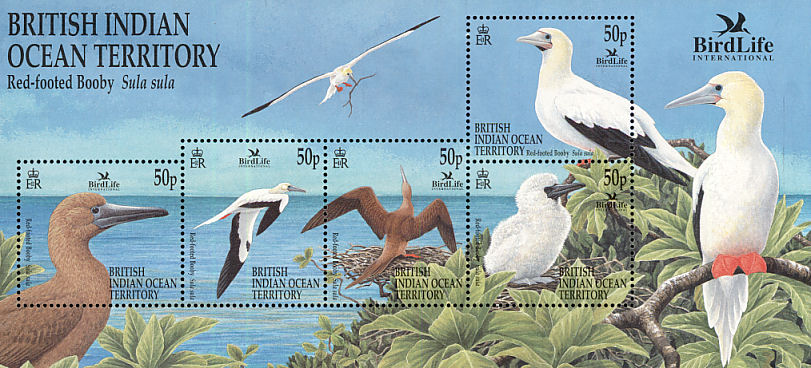An article in a recent edition of ABPS News has alerted collectors to the impact of Brexit on VAT and buying material online from EU countries.
Buyers of philatelic items on eBay are now discovering that 20% VAT is being added to the cost of their purchases. They have advised that Value Added Tax (VAT) generally applies to purchases by UK consumers, and prices on eBay.co.uk are shown inclusive of VAT. However, from the beginning of 2021, eBay is now required to collect VAT on certain orders delivered to UK addresses. This includes orders sent from outside the UK up to the value of £135 but also orders where the item is located in the UK, although the seller is not UK based. For orders over £135 imported to the UK, the purchaser may need to pay VAT as part of clearing the parcel through customs.
Additionally Delcampe, probably the leading website for collectibles have now advised that a new European law will come into force in July of this year. This will require marketplaces such as Delcampe to collect VAT on goods sold to private individuals by professional sellers from outside the EU, for any shipment of maximum 150 Euros.
Delcampe have issued the following advice to their customers:
“This law, which was originally intended to come into force on 1st January 2021 has been postponed to 1st July 2021. However, the United Kingdom has adopted a similar law applying to marketplaces such as Delcampe which requires them to collect VAT for goods sold by non-British professional dealers to UK citizens, for any shipment below €150 (£135). The entry into force of this law is in place on 1st January 2021, leading to a distortion between the two systems, when this should have been avoided. This leads to some uncertainties which unfortunately do not allow us at this stage to tell you exactly what will be the steps you will have to take and what actions Delcampe can take as an online platform. We are currently waiting for answers from the European Union and our legal advisers. We will of course not miss to inform you as soon as we have clear information to give you.” ABPS reported that one European dealer had said that the new rules now made it impossible to sell items at less than €150 to the UK because unlike eBay, Delcampe will not automatically collect VAT, and that the alternative would be to register his business for VAT in the UK which was unrealistic. Effectively, it now seems likely that Delcampe will cease to be usable for UK collectors unless the purchase price is more than £135.





